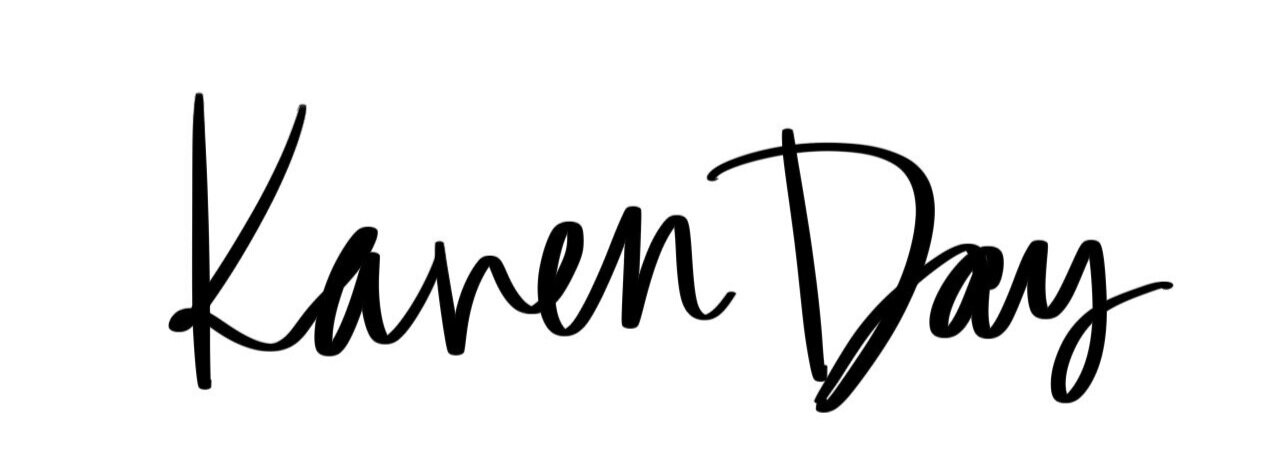Today I'm fortunate to interview Jamie Holland, debut author of THE LIES WE TELL, a coming-of-age-novel set in 1974 that deals with several of my favorite topics: families and secrets and sisters. Although this is her first novel, Jamie is a prolific short story writer and has published in Antietam Review, Brain Child, Literary Mama and Gargoyle. Full disclosure: over the years I've seen several versions of this wonderful story. So happy to feature her on my blog today!
1.) Your debut novel is a wonderful coming-of-age story. Can you talk about what drew you to thirteen-year-old Martie’s journey?
Thank you, Karen. Well, I’ve always remembered being in seventh and eighth grade and I just sort of went back in time and imagined a girl, much like myself, who had moved at a critical time in her life, especially following the mysterious death of her father, and I thought about what life in a new place would be like for her—starting at a new school, feeling unsettled, feeling pimply and awkward—and I went from there.
2.) The novel is set in 1974 and takes place mostly in Milwaukee, WI. Time and setting are important constructs here. You do a terrific job with both! Why did you chose this time and place?
Most writing teachers say the same thing: “Write what you know.” Well, I remember those early teen years very well. It’s hard to forget them. I moved from Maryland to Milwaukee in the summer between sixth and seventh grade and I recall every bit of it—the halter tops we made out of bandanas, the songs on the radio, the awkardness I felt when my friend’s brother would storm into her room. I also remember the anxiety I felt. I did not experience Martie’s loss but I felt very alone much of the time. I moved in 1976 but I had Martie move in 1974 because I wanted to include Nixon’s resignation and weave that theme of deceit into the book.
3.) There are multiple themes embedded in your novel, including the ramifications of lying, the different ways family members grieve and the cost of keeping secrets. Is there one theme that’s more important to you than the others?
I imagine that no two people, even family members, grieve the same way. Whether one cries all the time, cuts off her hair in a rage, or decides to memorize facts as a way of coping, the bottom line is that everyone is hurting. It just comes out in different ways, and that's what interests me—the myriad ways that family members grieve and how those different styles affect each other.
4.) As outsiders, we often assume that family members grieve together, and similarly, when a tragedy happens. This often isn’t the case. Martie and her sister, Blaire, have different reactions to both parents after their dad dies. Were their reactions always apparent to you? How do they grieve differently? And similarly?
Well, Martie’s reaction to her father’s death isn’t as strong as Blaire’s reaction because Martie doesn’t understand how he could have died so suddenly, so she’s still kind of in a state of disbelief. Blaire appears to have accepted the death yet she’s so angry with her mother, for reasons that Martie doesn’t yet understand. By the time the reader gets to the end of the book, he or she will completely understand why Blaire and Martie have reacted so differently to the death.
5.) Did you always know that you wanted to be a writer? How did you get your start?
Since I was little, maybe six or so, I always kept a diary. When I was older, I called them “journals.” That seemed more mature. I felt comfortable putting my thoughts on paper. Later in life, I took creative writing classes and I studied short stories. I got my first story published when I was 32.
6.) You’ve published short stories but this is your first novel. How is novel writing different, or similar, to short story writing? Do you like better than the other?
A novel is so many pages!! A good short story can be twelve pages. What I love about short stories is that every single word counts. I love editing, so I’m thrilled when I can cross out a few words. But, on the other hand, with a novel, you’re really living with the characters for a long, long time. And it’s very satisfying, after all those years, when you’re finished with the book. It’s sad, too, because you don’t want to say goodbye to them, but it’s a good feeling to know that you accomplished what you set out to do—even if it took fifteen years to get there!
7.) What’s next?
Speaking of a novel being so many pages, I’m halfway through another one! It's a young adult novel about the breakup of a friendship. After that, I’d like to see if I can still write short stories!

